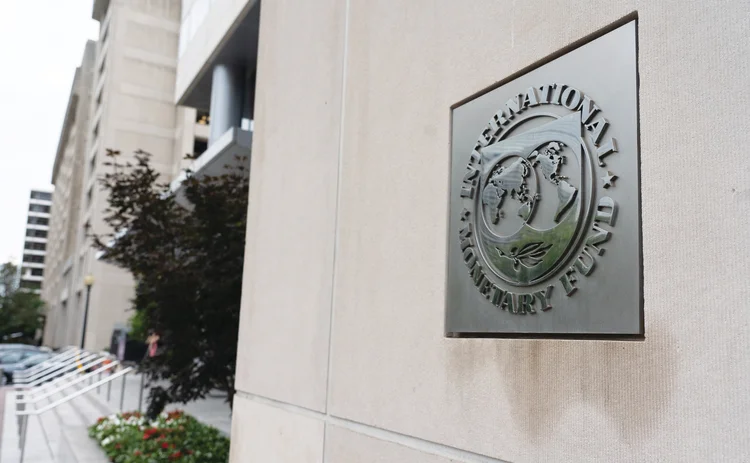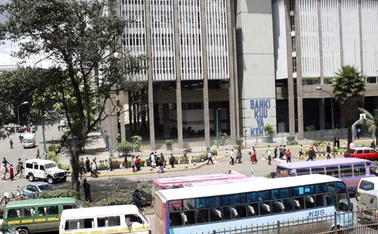
IMF paper offers ‘fear-based theory’ of economy
Central banks risk distorting the economy if they don’t move interest rates to offset “fear cycle”

The ebb and flow of fear about the possibility of economic crisis can help explain aggregate fluctuations in the economy, research published by the International Monetary Fund finds.
The fear economy, by Ruchir Agarwal, proposes that “fear is a central driver of the economy”. Agarwal describes a mechanism in which a rise in fear leads to higher demand for safe assets, pushing down the neutral rate of interest.
If central banks do not follow this “fear cycle” by adjusting their policy rates
Only users who have a paid subscription or are part of a corporate subscription are able to print or copy content.
To access these options, along with all other subscription benefits, please contact info@centralbanking.com or view our subscription options here: http://subscriptions.centralbanking.com/subscribe
You are currently unable to print this content. Please contact info@centralbanking.com to find out more.
You are currently unable to copy this content. Please contact info@centralbanking.com to find out more.
Copyright Infopro Digital Limited. All rights reserved.
As outlined in our terms and conditions, https://www.infopro-digital.com/terms-and-conditions/subscriptions/ (point 2.4), printing is limited to a single copy.
If you would like to purchase additional rights please email info@centralbanking.com
Copyright Infopro Digital Limited. All rights reserved.
You may share this content using our article tools. As outlined in our terms and conditions, https://www.infopro-digital.com/terms-and-conditions/subscriptions/ (clause 2.4), an Authorised User may only make one copy of the materials for their own personal use. You must also comply with the restrictions in clause 2.5.
If you would like to purchase additional rights please email info@centralbanking.com







